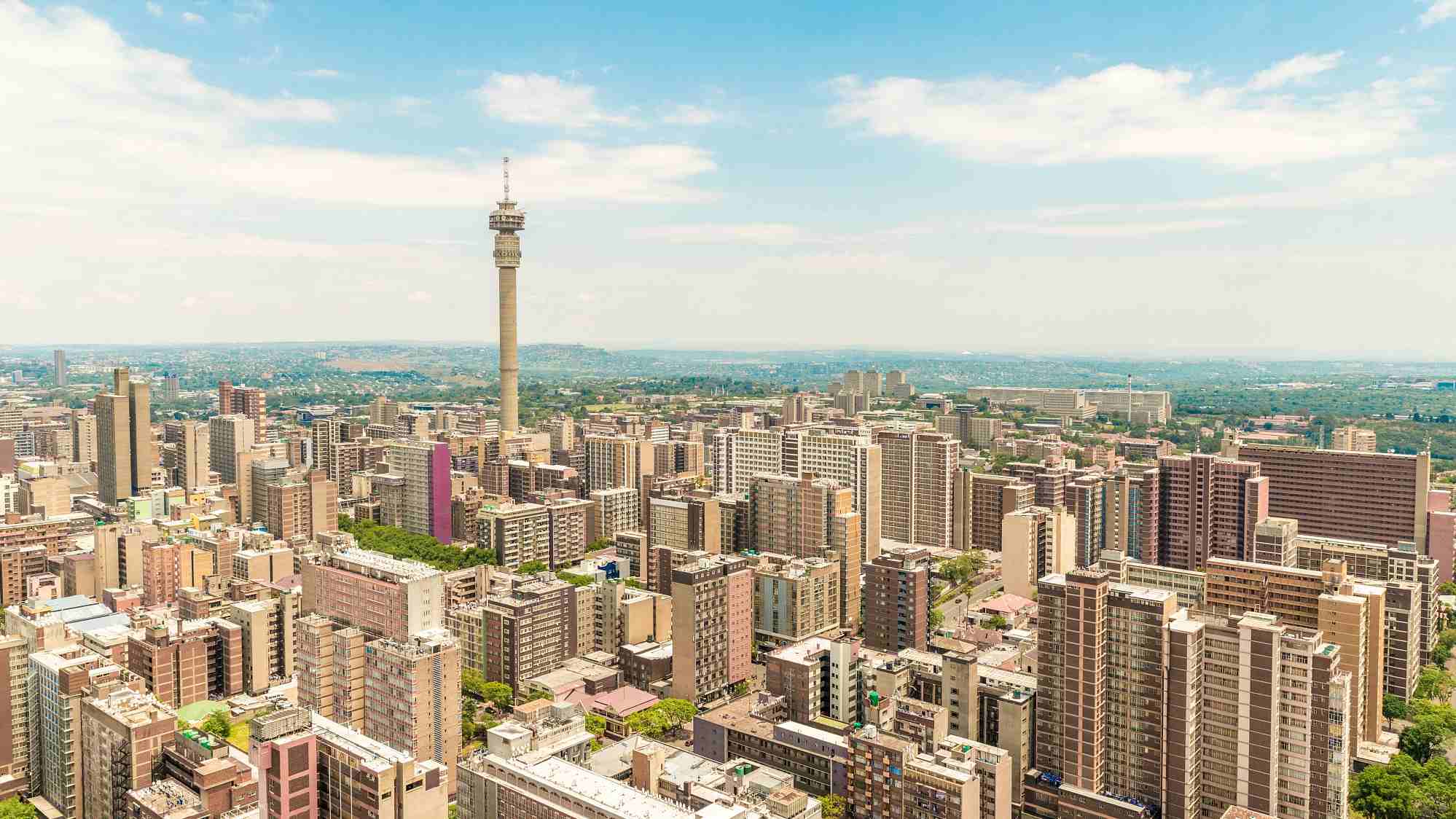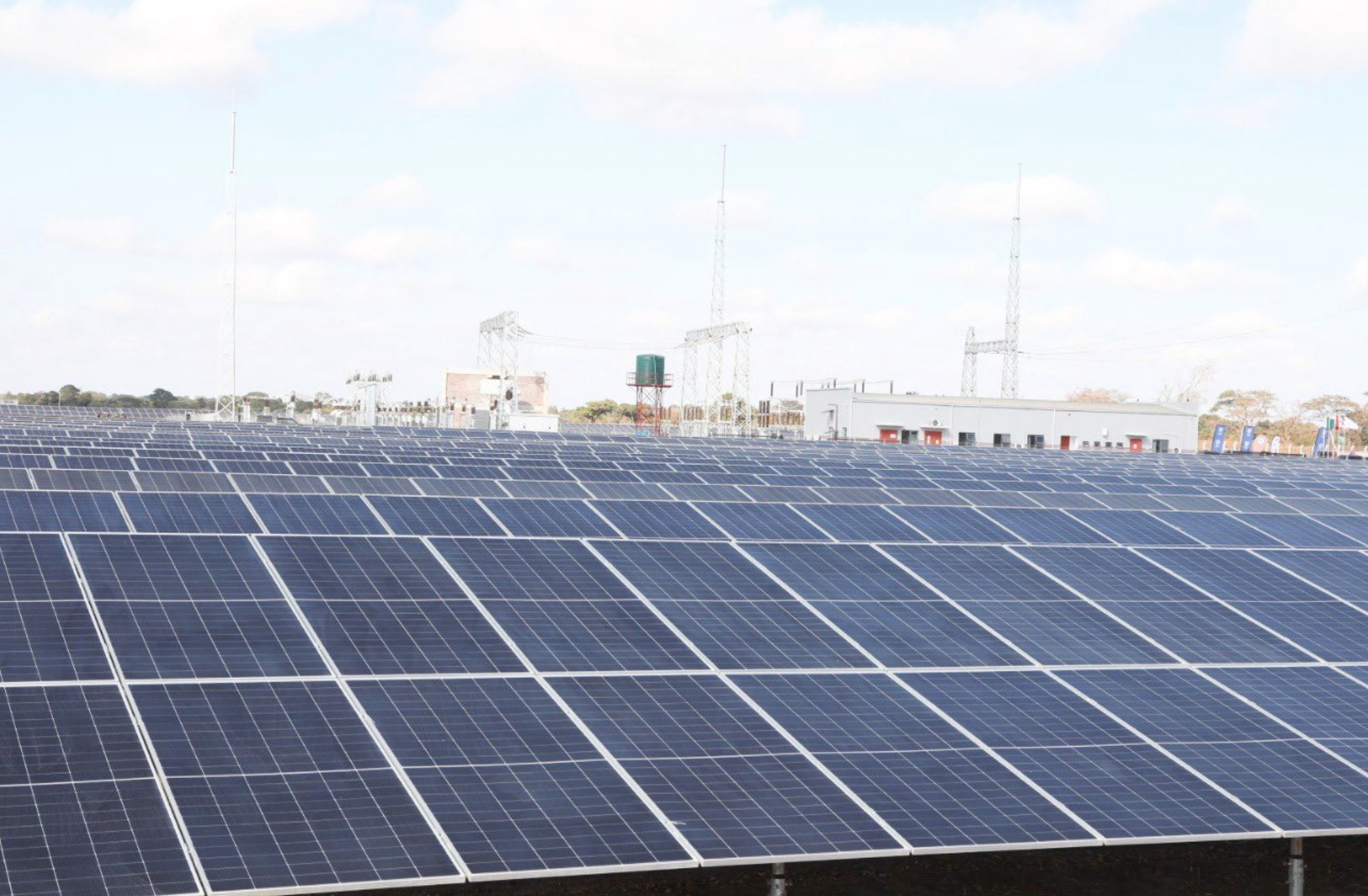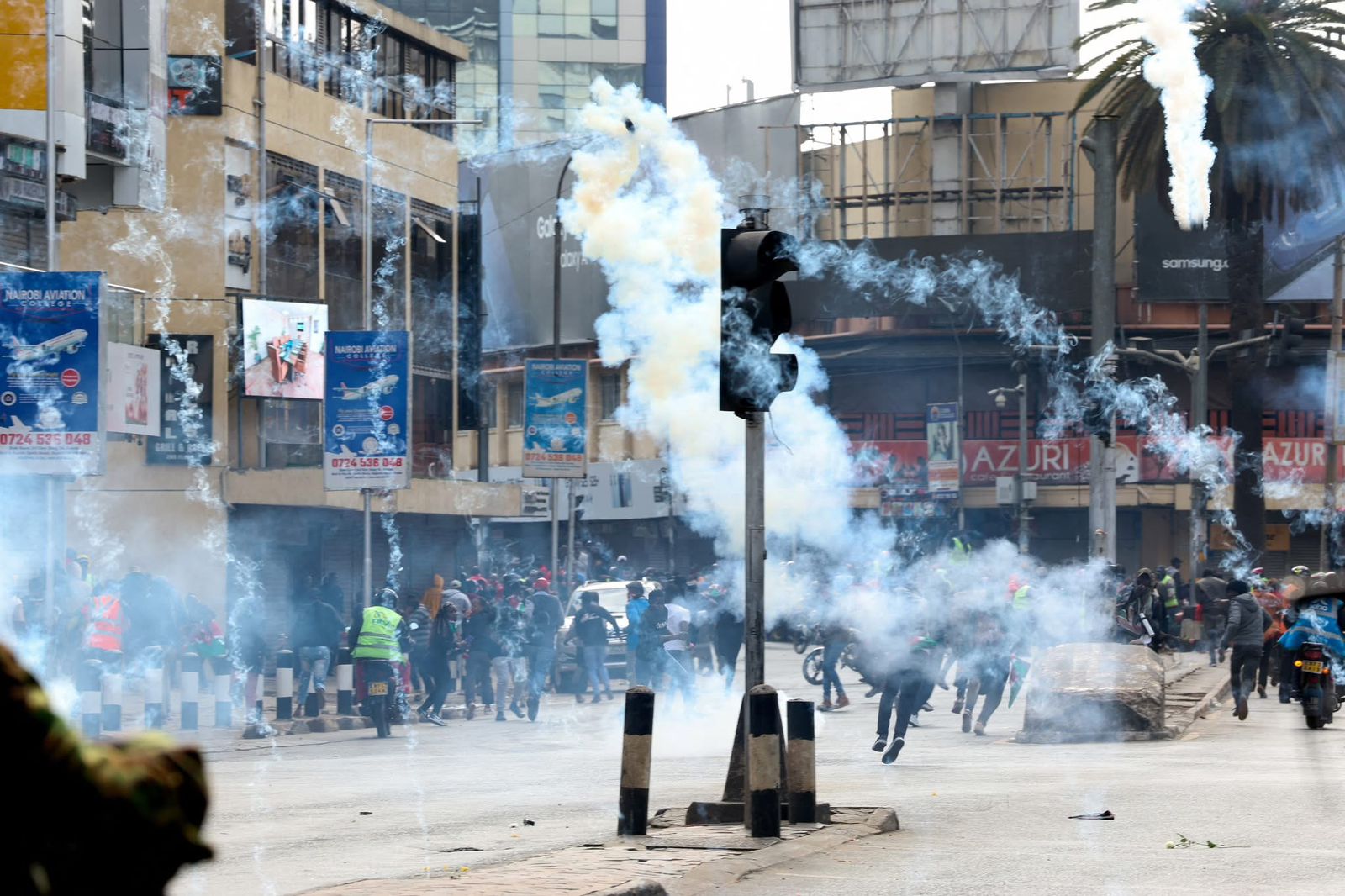
UN and partners appeal for $20 million to aid 250,000 people affected by deadly Madagascar cyclone

The United Nations humanitarian partners have appealed for US$20 million to go towards addressing the devastating consequences of Cyclone Enawo in Madagascar.
Cyclone Enawo struck the coast of Madagascar as a Category 4 cyclone on 7 March, causing extensive damage due to high winds and flooding in northeastern parts of the country. Between 8 and 10 March, the cyclone traced an arc nearly the length of the island nation, bringing heavy rainfall and flooding to central and southeastern areas.
At least a quarter of a million people in the worst-affected areas require urgent life-saving humanitarian assistance and protection in the storm’s wake. The Government has declared a national emergency and requested international support.
“Despite the fact that 200,000 square kilometres covering half of Madagascar’s 22 regions have been affected, the country will not be left behind. Together, the international community, the Malagasy people, the government and all stakeholders will overcome the challenges posed by Enawo,” said said Bary Rafatrolaza, Deputy Foreign Minister of Madagascar.
Already suffering livelihood losses due to delayed rains, the most vulnerable families in the cyclone-affected areas urgently require assistance to re-establish access to clean water and sanitation, rebuild damaged homes, and replace lost food supplies. Immediately after the storm, families reported having only two to three weeks of food remaining, while the crops they had managed to plant were swept away by flood waters.
Up to 85 per cent of planted subsistence crops were lost in some areas, while more than 1,300 wells – the major source of household water – are flooded and contaminated. More than 100 health centres and 3,300 classrooms were damaged by the cyclone.
In addition to providing water, sanitation and hygiene assistance for 168,000 people, the US$20 million will fund food assistance for 170,000 people, and support more than 230,000 farmers in replanting crops and replacing livestock. Some 20,000 families who lost their homes need emergency shelter and more than 100,000 children whose schooling has been disrupted need temporary learning spaces.






